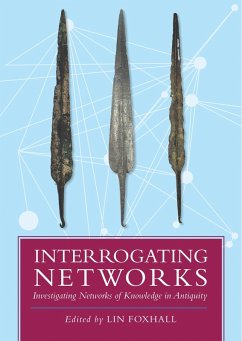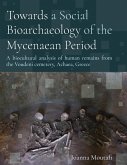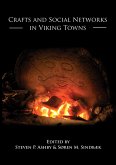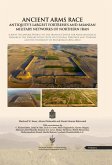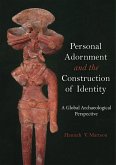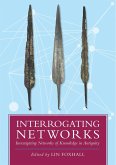Network theory and methodologies have become central to exploring and explaining social, economic, and political relationships and connections in past societies. However, in archaeology, the deployment of networks has sometimes been more descriptive than analytical. Methodologies have often depended upon underlying assumptions which inevitably simplify relationships that were complex and multi-faceted. However, the fragmentary, heterogenous, and usually proxy data we possess are not always amenable to reconstructing that complexity.In ancient societies, we must infer the movement of knowledge about 'how to make things' largely from objects themselves. This is because we usually lack direct evidence of the human relationships that entwined people with objects and their makers, and hence have only imperfect understanding of the full range of diverse factors that shaped the relationships that constituted these networks. The chapters in this volume aim to interrogate the interpretative potential of network concepts for understanding the movement over time and space of ideas about making, using and moving things through a range of archaeological case studies, which reveal both functional and dysfunctional relationships. The purpose is to consider how more broadly contextualized and multi-faceted studies can both enhance, and be enhanced by, network and related approaches. The volume contributes to the search for greater understanding of the movement and transmission of knowledge (or in some cases their absence), and to debates about how best to expand the utility of network concepts and approaches.
Dieser Download kann aus rechtlichen Gründen nur mit Rechnungsadresse in A, B, BG, CY, CZ, D, DK, EW, E, FIN, F, GR, HR, H, IRL, I, LT, L, LR, M, NL, PL, P, R, S, SLO, SK ausgeliefert werden.

